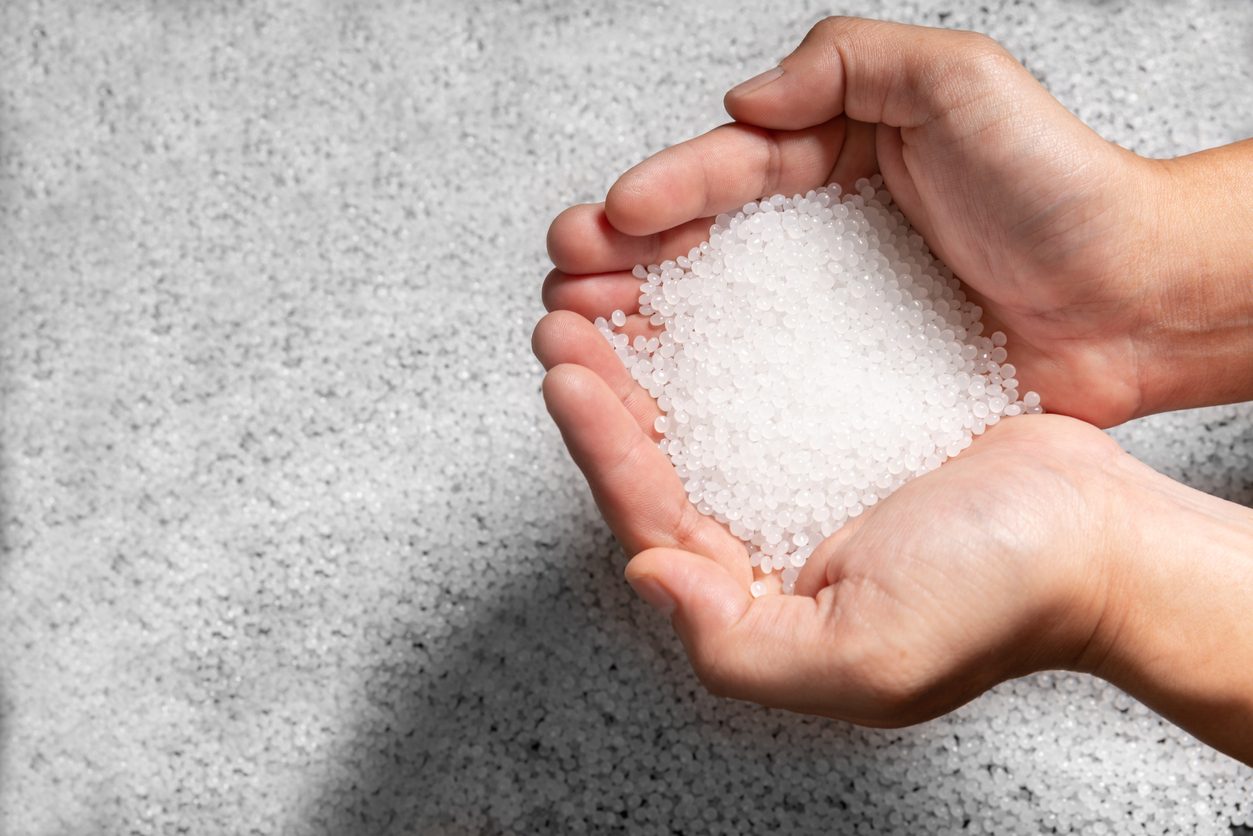ACTIVATED CARBON MONOLITH CATALYSTS (ACMC)
Applied Catalysts offers several ACMC (Activated Carbon Monolith Catalysts) products for Chemical Process applications.
ACMC Overview
Activated Carbon Monolith Catalysts (ACMC®) are monolith catalysts in which the active catalytic metals are supported on activated carbon that is built into the walls of the monolith. The low-pressure drop and high surface area of our ACMC® products will boost production throughputs, activity and selectivity levels. The potential elimination of the catalyst separation step and the long-life expectancy of our unique Catalyst will continue to save you in operational expenses year over year.
ACMC® products can be used in process chemistries from pH 1 to pH 10. Commercial chemistries have been run at 50 psi to 750 psi, and 60 C to 220 C with no evidence of attrition or deactivation.
Typical catalytic metals from both Platinum Group (Pd & Pt) and Base (Ni) as well as other non-metals may also be used. The activated carbon in the monoliths in our standard products are wood-based or coconut based and custom ACMCs® can be made with alternative carbons.
01
Use Cases for Activated Carbon Monolith Catalysts
Activated Carbon monolith catalysts can be used for many chemistries. Demonstrations have been made at lab-scale, semi- pilot and in full-scale beds for hydrogenation chemistry of oleochemical derivatives, nitro group, nitrile group, and ketones. Other chemistries demonstrated include dehydrochlorination and carbonylation. Processes using ACMC catalysts show high-productivity, high-selectivity, and long lifetimes.
02
How do ACMCs help you?
The ACMC structure is designed with activated carbon and a ceramic binding matrix in a configuration that offers exceptional strength, low-pressure drop, and improved mass transfer. This increases the process selectivity and enables less excess hydrogen to be used in continuous processes.
The ACMC supports a variety of precious and base metals depending on the requirement. Custom versions of these monoliths are also available, including other activated carbon types, variable cell densities, cell wall thicknesses, and round or square part shapes.
03
Problems Solved by ACMC
When applications require low-pressure drop, low attrition, and high selectivity, productivity, and lifetime, using an ACMC catalyst can deliver these features.
Bring Us Your Challenge
Are You a Catalyst, Service or Systems Provider?
CATALYST DEVELOPMENT SERVICES

Catalyst Development
Applied Catalysts offers catalyst development services based on heterogeneous catalysts. Combining our testing services with our catalyst development services accelerates project success and maximizes value creation for the customer.
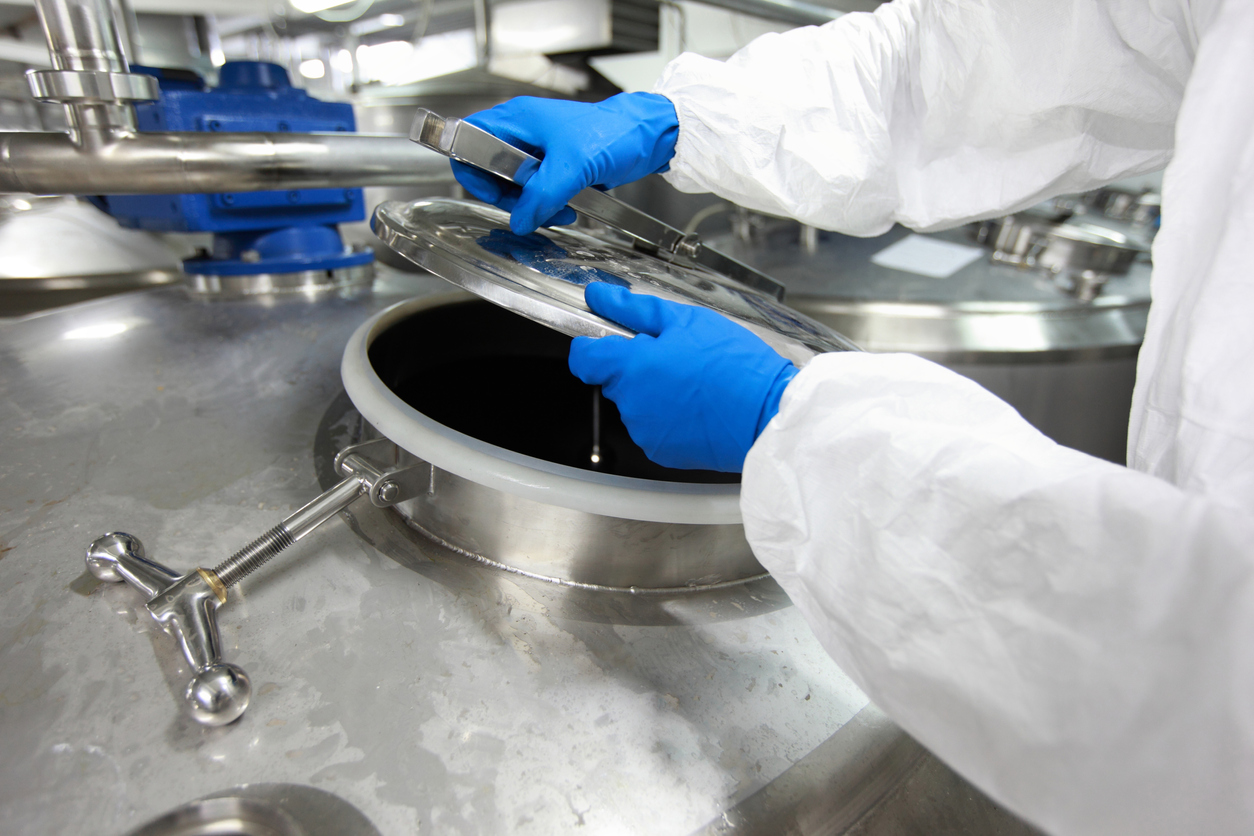
Catalyst Sourcing
There will be times when alternate suppliers are needed. As a supplier of catalyst and process technology ourselves, we can help customers source catalysts and chemicals in many areas.

Catalyst Testing
We offer lab-scale and show-tube scale testing of hydrogenation and other chemical processes under reductive or inert conditions. Other chemistries can also be run by request.
CATALYST SYSTEMS
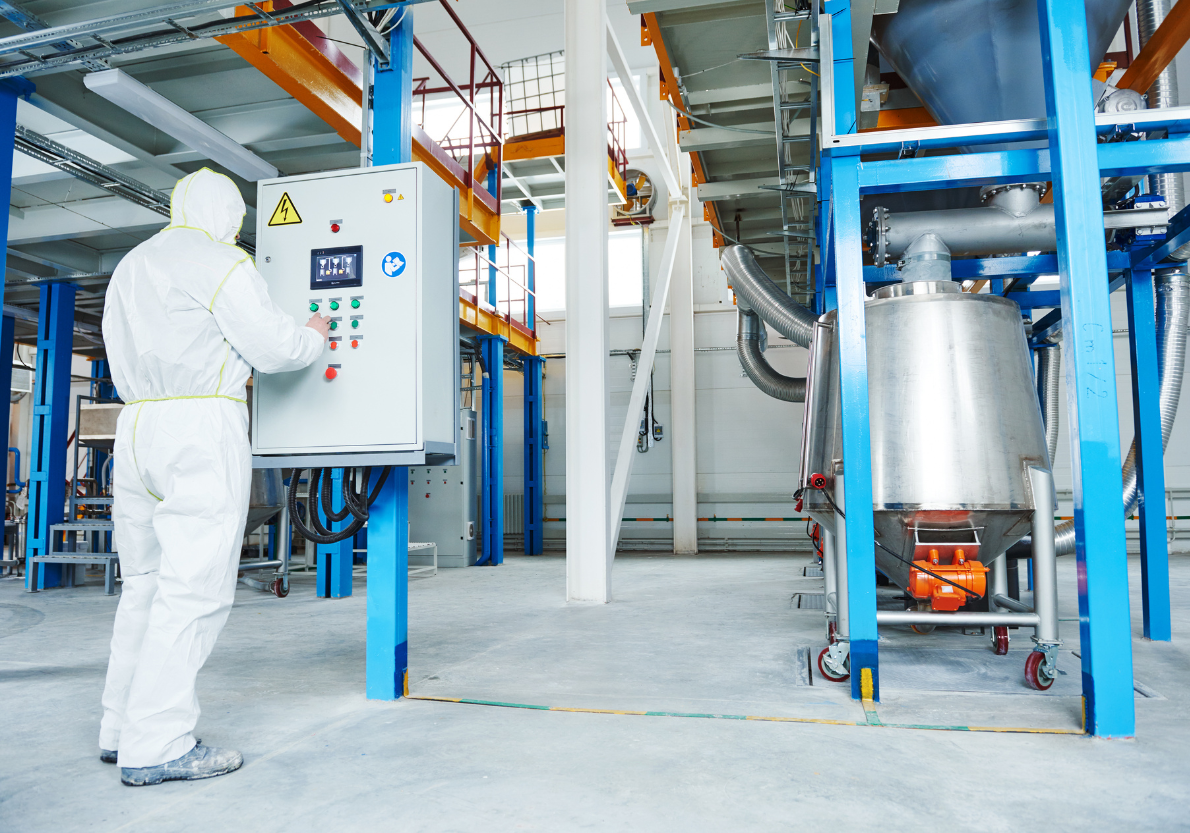
Batch Reactor Systems
Batch reactor systems offer a reliable and flexible way to manufacture a wide range of chemical products and allow for better control over each reaction step, making them an ideal choice for many chemical manufacturers.
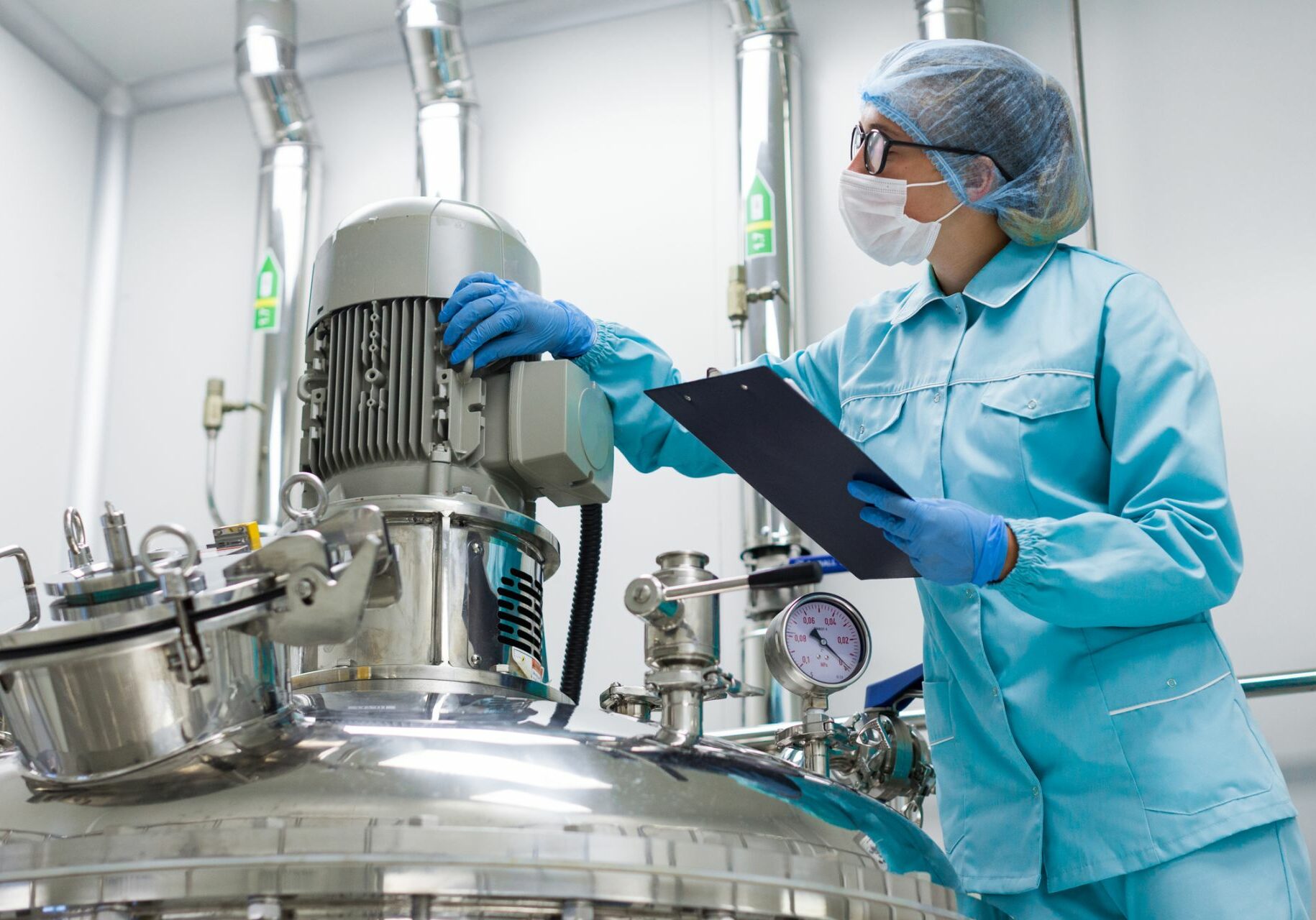
Continuous Reactors
Our continuous reactor systems offer productivity, reliability, and cost advantages for chemical manufacturing. Turn-key systems can be delivered.
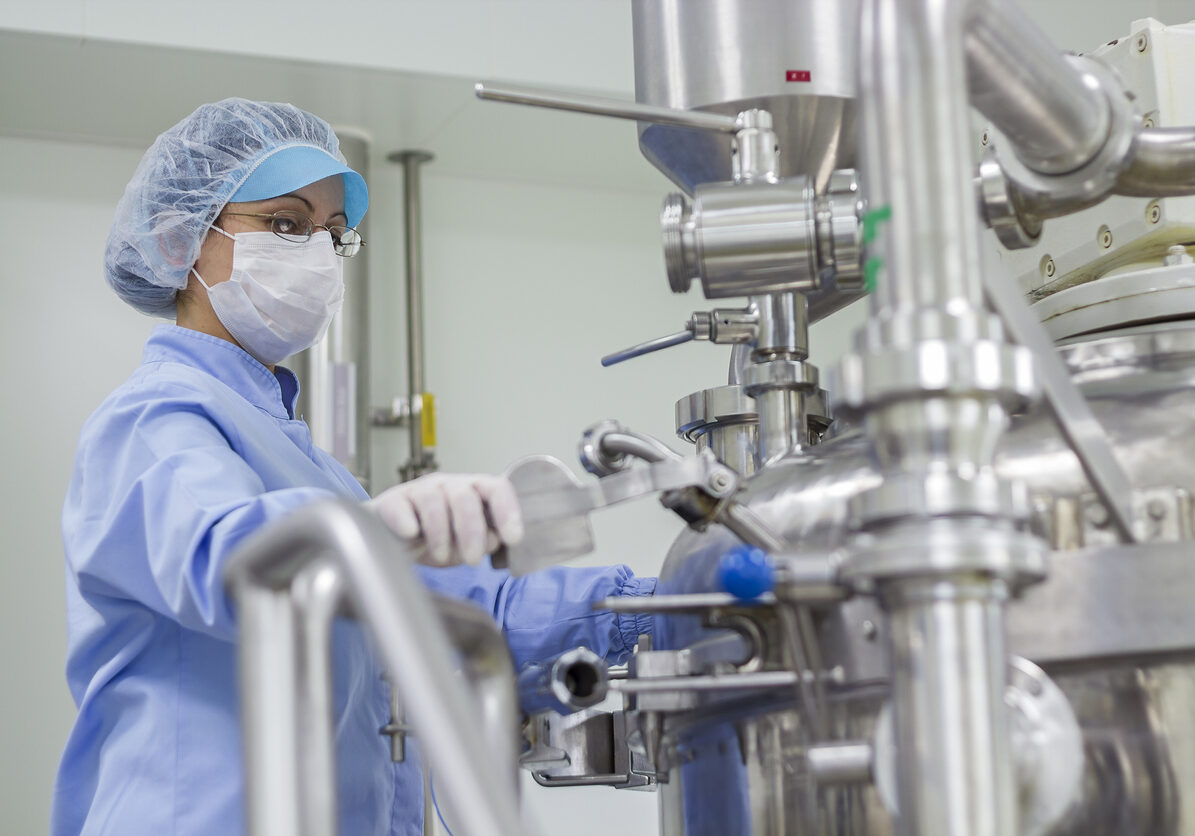
Modular Process Systems
Designed for flexible just in time manufacturing, our modular process systems are the perfect tools for increasing productivity and driving profitability.
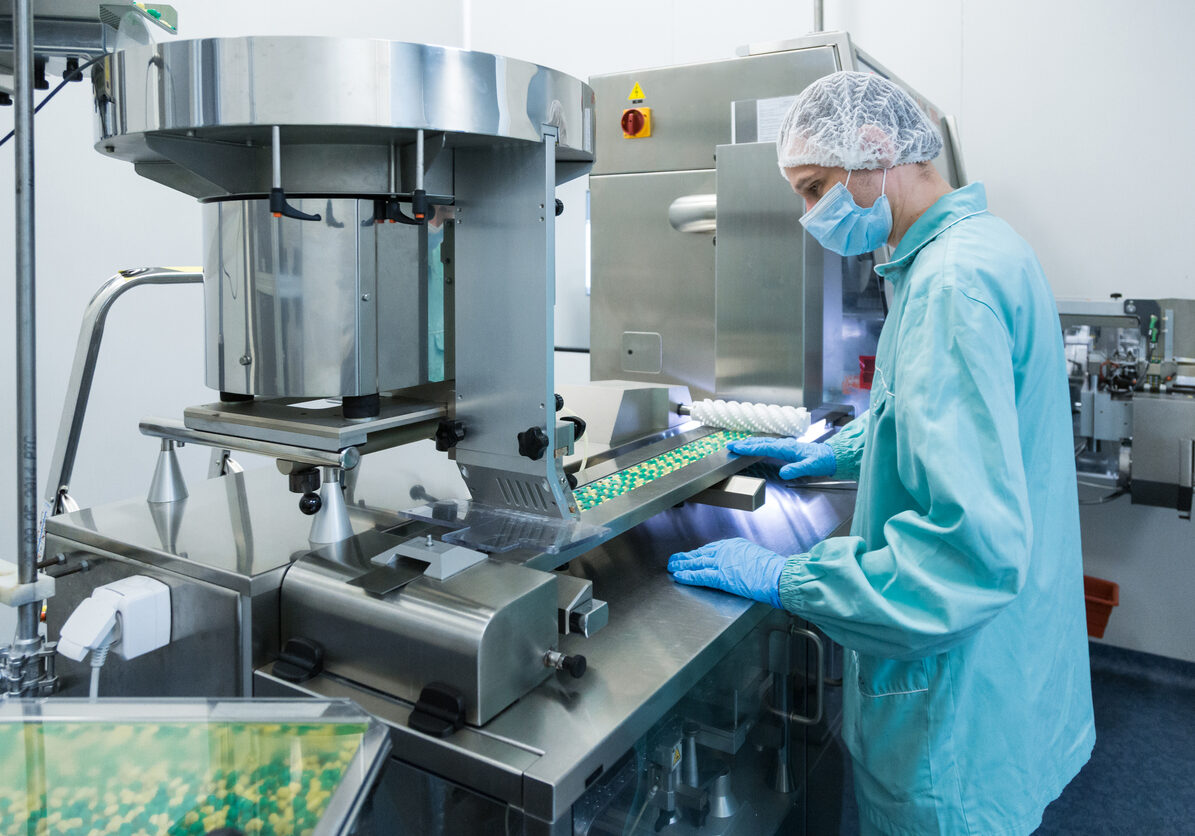
Separation Systems
Separation Systems are integral to a variety of industries that involve the processing of complex chemical mixtures that require safe, efficient, and reliable process equipment.
Process Catalysts
Metal Oxide Catalysts (MOC)
MOC products offer advantages as it can be used in both reductive and oxidative environments. Other advantages include high strength, attrition resistance, and tunable surface properties for various applications.
Custom Catalysts
Delivering on a foundation of catalyst development of over 30 years, we offer monolith-based, particulate catalysts, PGM, and base-metal catalysts.
Activated Carbon Monolith Catalysts (ACMC)
At Applied Catalysts, we strive to meet the unique needs of every customer. Whether you have a particular catalyst type in mind or need some additional guidance, we can help find the best solutions through all stages, from development to commercialization.
Granular Activated Carbon Catalysts (GACC)
GACC products have a high surface area and inert support for numerous catalyst applications. We can help you develop, test, and deliver the right catalyst.
CATALYST PROCESSES
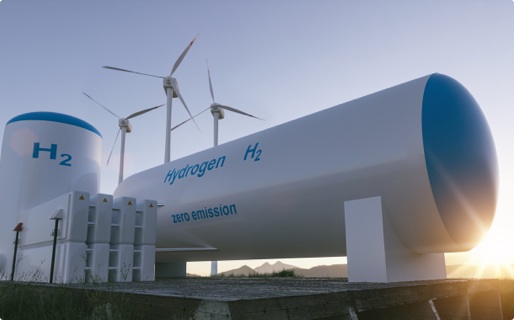
Hydrogenation
Hydrogenation is an essential process in a number of chemical process industries, including Specialty Chemicals, Pharmaceutical intermediates, and Polymers. We offer robust hydrogenation catalysts, systems, and services for a variety of classes of chemistry at the lab, pilot, and production scale.
APPLICATIONS + INDUSTRIES SERVED
Activated Carbon Monolith Catalysts (ACMC) Offer Advantages Over Particulate-Based Catalysts
Activated Carbon Monolith Catalysts (ACMC) combines the chemistry of activated carbon and the structural stabilty of ceramic monoliths.
-
improves selectivity over particulate-based catalysts for continuous hydrogenation and other reductive chemistries.
-
improved physical stability over particulate based catalysts
-
show lower pressure drop and decreased attrition relative to particulate based catalysts
We are committed to applying world-class catalyst technology for the chemistry of interest using internal and industry standard catalysts – assuring the best available catalysts for each application, whether we produce the catalysts or sourced from world-class vendors.
Bring Us Your Challenge

